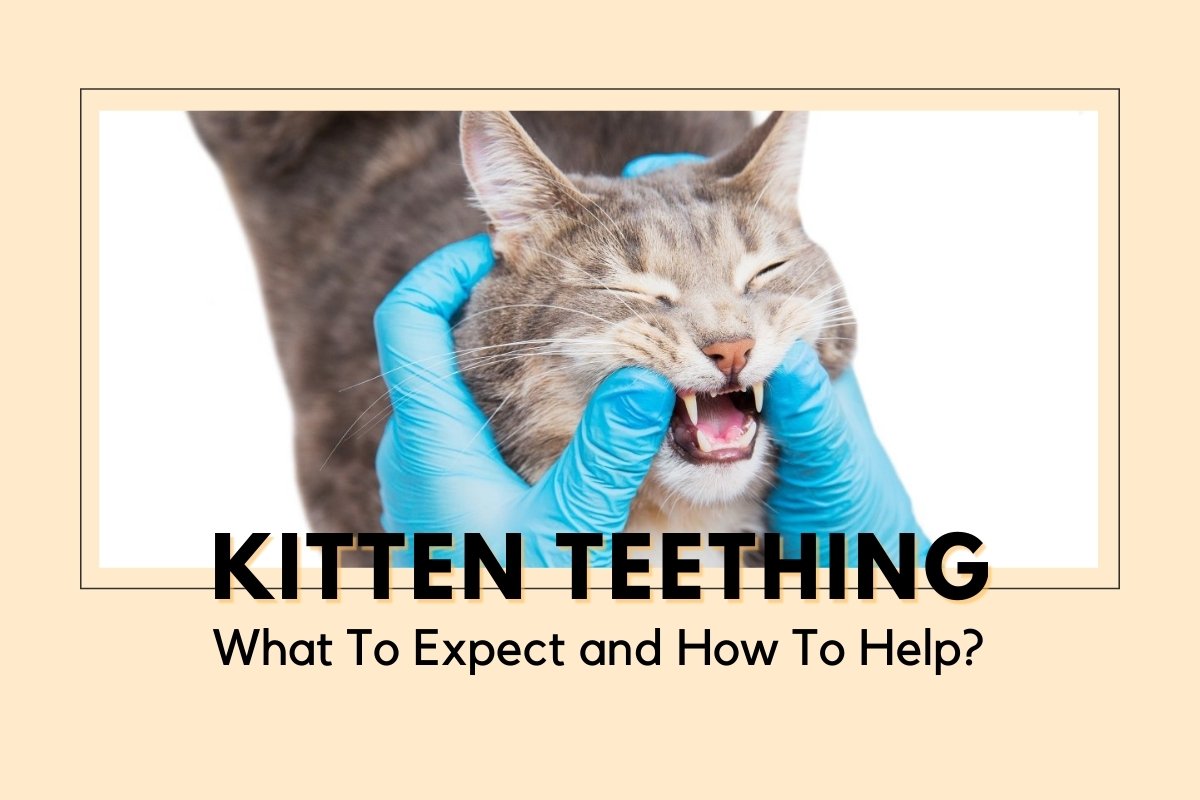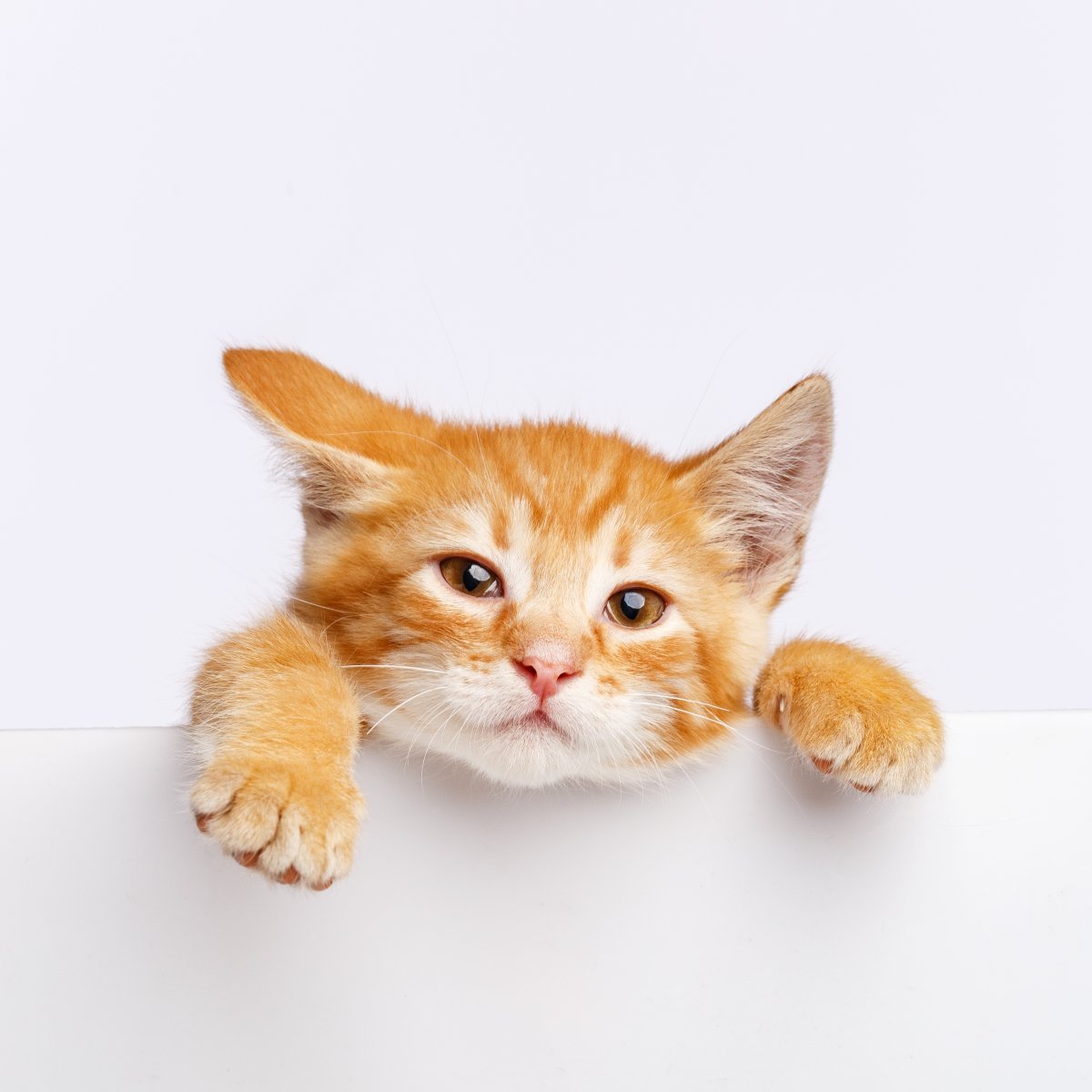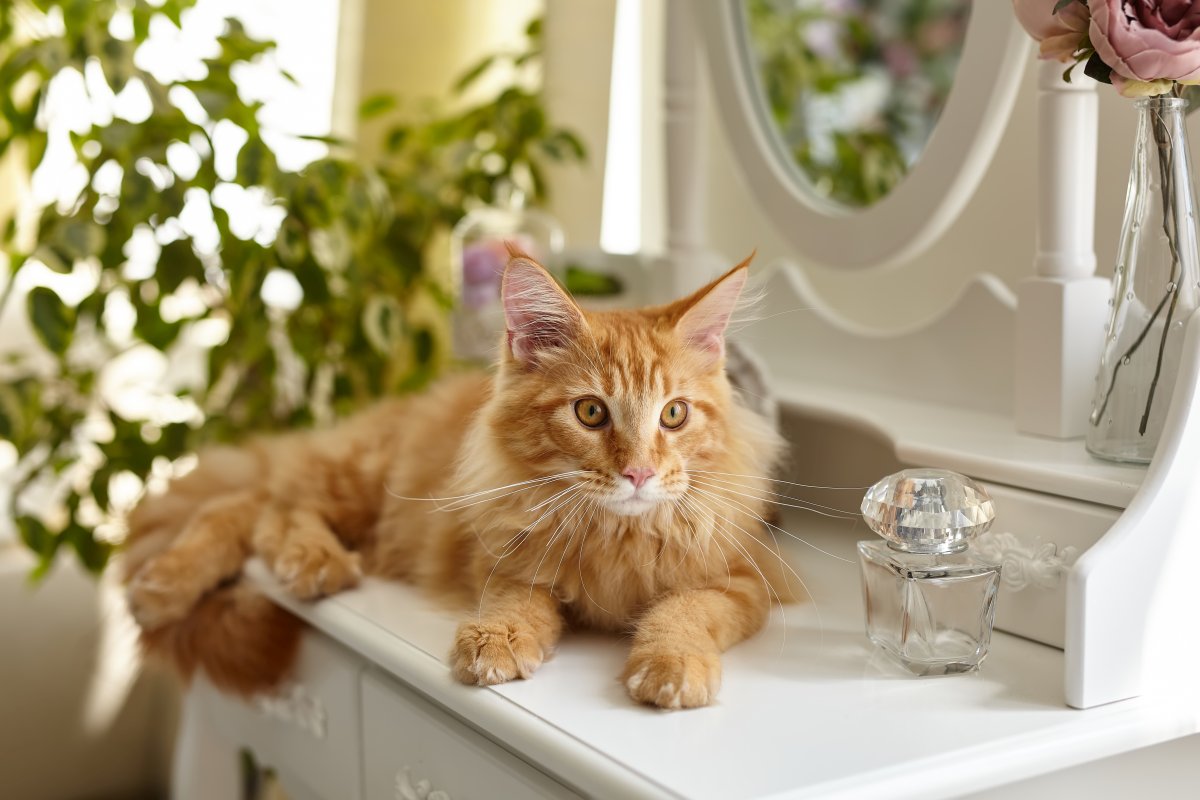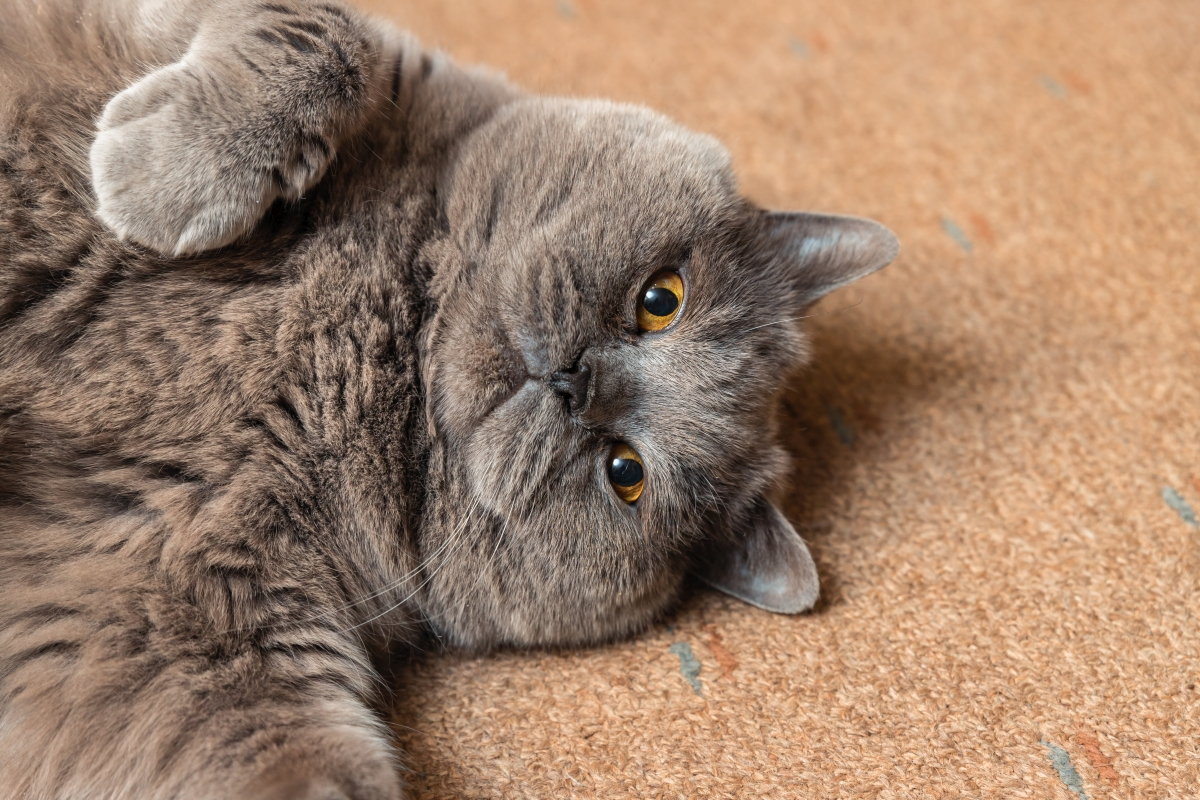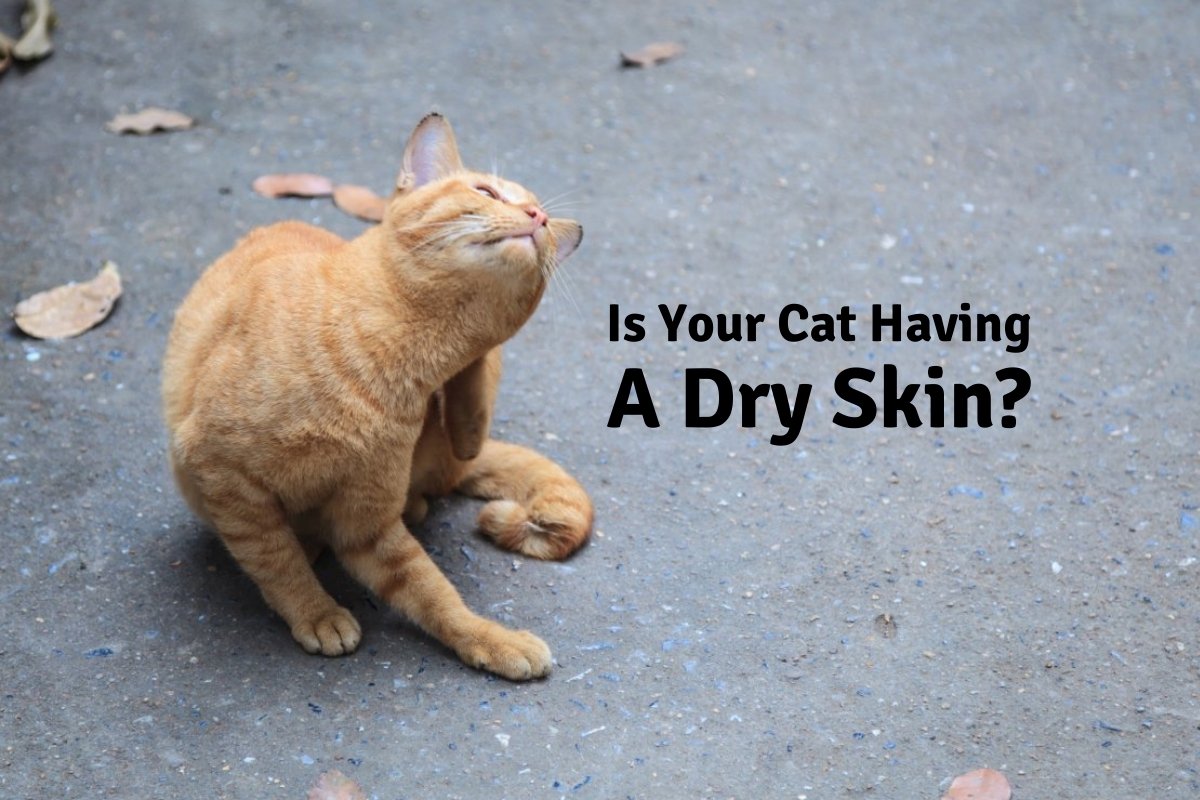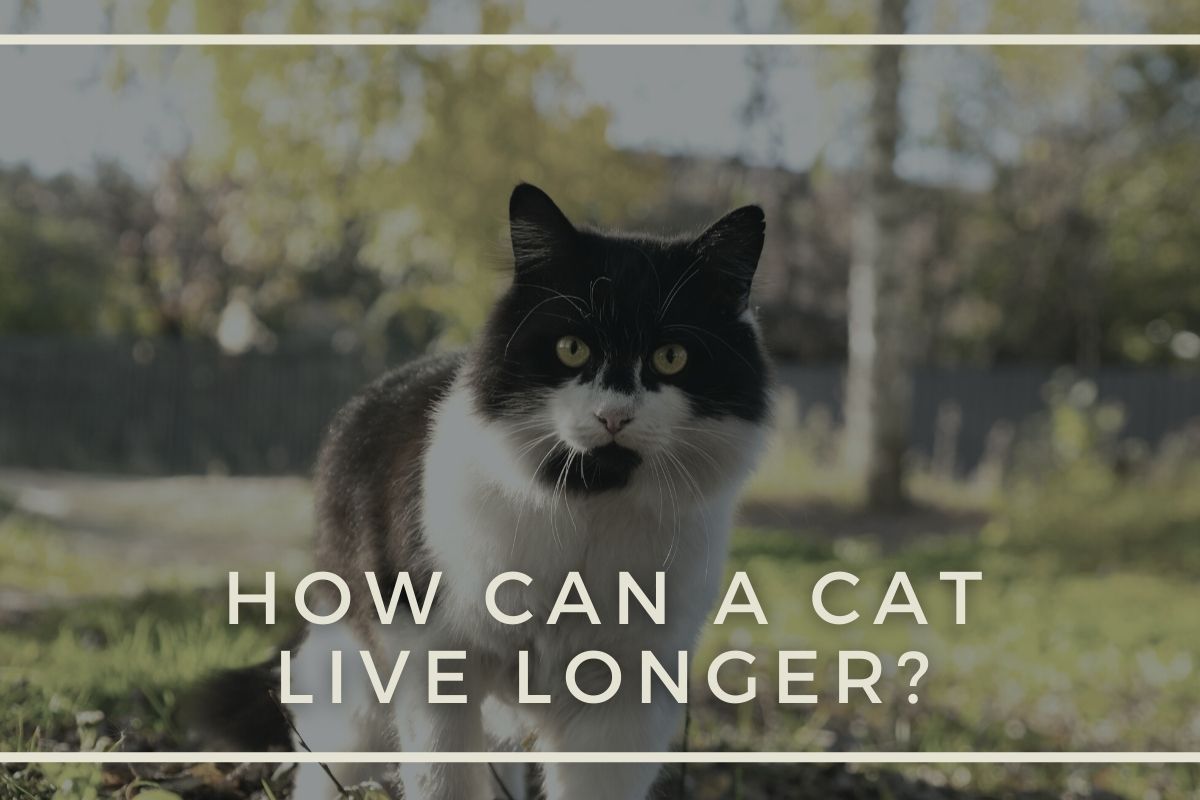Kittens are just like small children. Like the natural processes that babies go through, kittens also go through the same growth; they just do it a lot earlier than human babies.
Teething is a natural process that all babies go through and most of them tend to be a little fussy. Keep reading to know what to expect when your kittens start teething and how you can help!
When Does the Teething Process Start?
Just like human babies, kittens also have gums when they’re born. They have 26 baby teeth, and by the time they’re 3-weeks-old, their baby teeth start to appear. Once their teeth start to show, you’ll notice the behavior of kittens begin to change as they start chewing on things, which is completely normal.
- By 6-weeks of age, all their baby teeth grow to their fullest, and even if they take some more time, it’s alright because everything grows at its own pace.
- If by 9 or 10 weeks, your kitten’s teeth haven’t grown normally and some teeth are missing from places, then you should definitely contact the vet to make sure everything is good.
- When your kittens turn 6-months-old, this is when they start losing their baby teeth. These baby teeth are replaced slowly by 30 adult teeth.
As these teeth start to poke through, all the teething problems start taking place. These are the final set of teeth that your cat will have for the rest of its life; this is where you need to pay extra attention to them and take care of their needs.

Symptoms of Kitten Teething
The teething process is quite uncomfortable and sometimes even painful. The symptoms that you should be looking for are as follows:
- Your cats start to eat less because chewing poses a problem for them, and they chew food more carefully so as not to probe discomfort to their gums. This also makes them lose a lot of weight.
- You may also see some sore or inflamed gums. As their adult teeth start coming into place, they irritate their gums, leading them to develop mild gingivitis that causes red and swollen gums with bad breath.
- Sometimes, they chew too quickly. This is also a sign that your kitten is teething because not only do they chew their food but everything in sight as well.
- Increased irritability in your kitty is also a big sign that your cat is teething because when their gums and teeth provide them discomfort, they start to act grumpy and don’t like anything.
- Their face becomes sensitive; they start shying away from you when you touch their face, particularly when you try scratching them under their chin, which they otherwise love.
- Cats and kittens love grooming themselves; you’ll see a lot less of that too because due to oral discomfort, they forfeit grooming themselves.
- Other symptoms include pawing at their jaw and mouth, drooling, and bleeding gums. If you see other dental issues, you should get them checked at the vet’s to ensure there’s no underlying condition.
Note- If these symptoms don’t reduce in 3 to 4 weeks, you should definitely take them to the vet because they might be experiencing more dental issues than just the teething process.
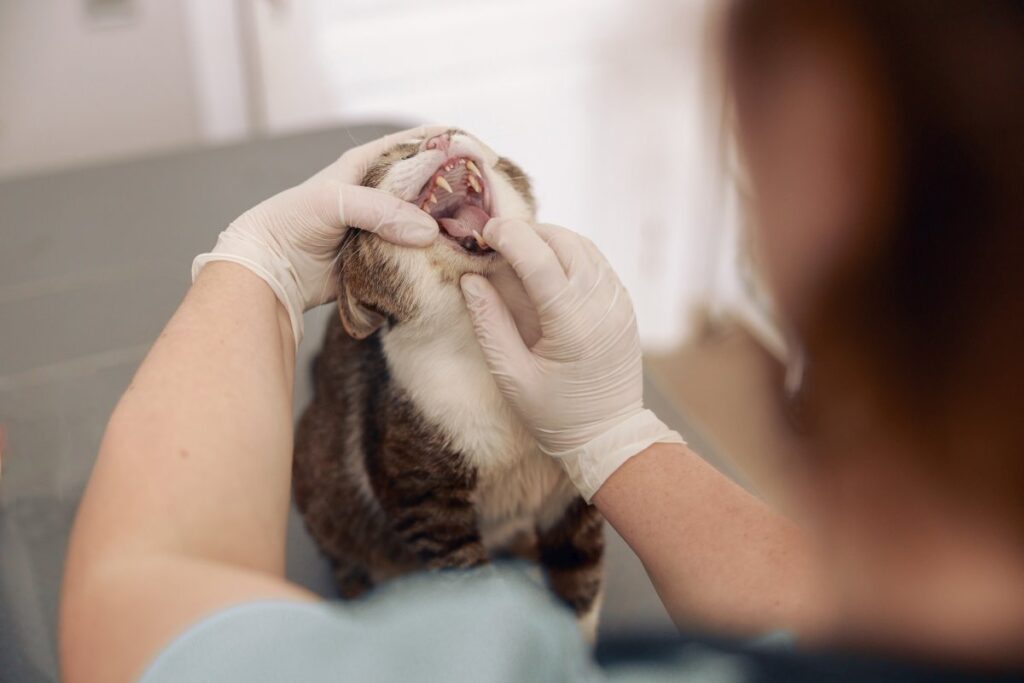
Helping a Teething Kitten
Kitten teething is not something to worry about because most of the time, the owner won’t even notice much. But giving them a little reassurance and some extra care will make their life-changing process a little easier, so give them some care by:
- Don’t brush their teeth when they are going through the process because it can be quite painful.
- When you’re playing with them, be extra careful and don’t pull on toys they have grabbed in their mouth; use gentle tactics to get them to drop them.
- Go for more water-based foods that they don’t have to spend time chewing as it can be difficult, making them stop eating altogether due to hurting gums.
- When your cat starts teething, it will start chewing everything in sight. So, to help them stay alive and go through the process with ease, get rid of anything that can be hazardous to their health, like hiding all electric cables and throwing out all plants.
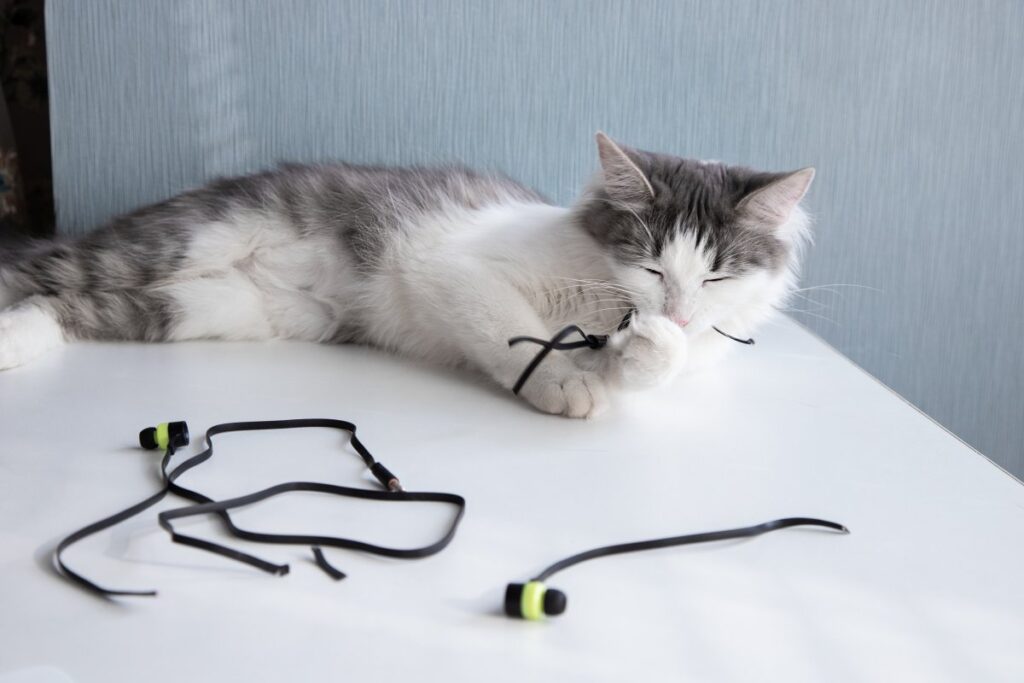
Some Remedies to Try
To help your kitty through the teething process, you can buy chew toys that ease the pain and discomfort your cats are feeling during the process. These teething toys are available at many pet stores and are made up of soft plastic or rubber that soothe the sore gums your kitten has. These toys don’t damage anything in the cat’s mouth and don’t break easily.
Another remedy that you should ensure is choosing the right foods for your feline babies. Even though we recommend giving them soft or water-based foods, it does not mean you have to forego any nutrients. It is important for kittens to get all the nutrients they need to ensure their teeth grow out normally. A lack of nutrients can affect their teething process and can even cause permanent damage to their health.
Final Thoughts
Teething isn’t particularly a painful process for kittens, but it can cause them some discomfort and soreness when the sharp teeth come out from their gums. However, compared to puppies, your cat will not engage in much chewing, but it is still helpful if you provide them with teething toys and other gnawable objects to help them go through the whole process smoothly and comfortably.

